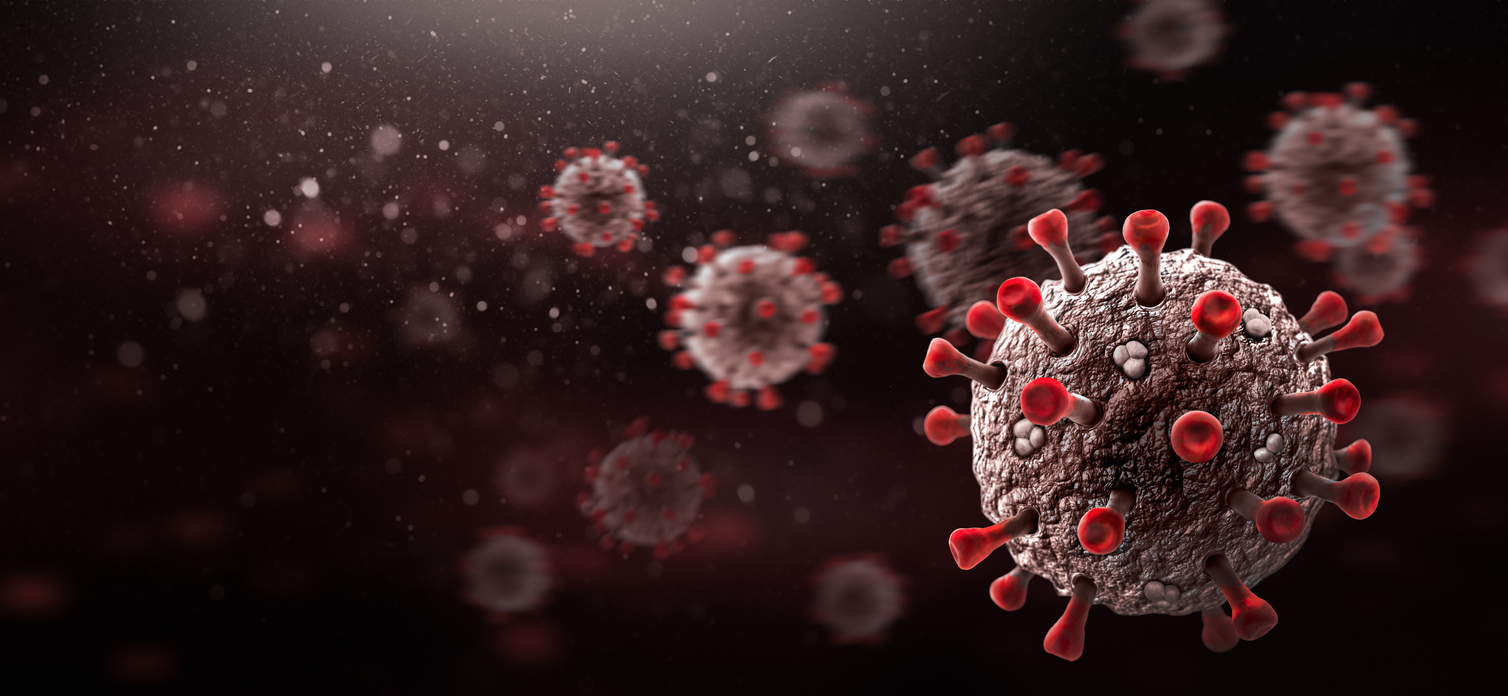
Vaccine-induced antibodies less effective against coronavirus variants: Study
Neutralising antibodies induced by the Pfizer and Moderna COVID-19 vaccines are less effective against the new variants of the novel coronavirus first reported in Brazil, Japan and South Africa

Neutralising antibodies induced by the Pfizer and Moderna COVID-19 vaccines are less effective against the new variants of the novel coronavirus first reported in Brazil, Japan and South Africa.
The new variants of SARS-CoV-2, the virus that causes COVID-19, might possess increased ability to spread or evade the immune system. Understanding how well the vaccines work against them is the subject of research carried out by the Ragon Institute of MGH, MIT and Harvard and Massachusetts General Hospital. The findings of the research were published in the latest issue of the journal Cell.
The research team used its experience measuring HIV neutralising antibodies to create similar assays for COVID-19, comparing how well the antibodies worked against the original strain versus the new variants, the website Science Daily said.
Also read: Explained: Why is South African COVID variant more contagious?
“We were able to leverage the unique high-throughput capacity that was already in place and apply it to SARS-CoV-2,” said Alejandro Balazs, PhD, a core member of Ragon, who is also an assistant professor of Medicine at Harvard Medical School and assistant investigator in the Department of Medicine at MGH.
“When we tested these new strains against vaccine-induced neutralising antibodies, we found that the three new strains first described in South Africa were 20-40 times more resistant to neutralisation, and the two strains first described in Brazil and Japan were five to seven times more resistant, compared to the original SARS-CoV-2 virus,” he said.
Antibodies work by binding tightly to the virus and blocking it from entering cells, thus preventing infection, Balazs said. This binding only takes place when the antibody’s shape and the virus’s shape match perfectly. If they don’t, if the shape of the virus changes where the antibody attaches to it, then the antibody may no longer be able to recognise and neutralize the virus as well. The virus would then be described as resistant to neutralisation, he added.
“We found that mutations in a specific part of the spike protein called the receptor binding domain were more likely to help the virus resist the neutralising antibodies,” said Wilfredo Garcia-Beltran, MD, PhD, a resident physician in the Department of Pathology at MGH and first author of the study. The three South African variants all shared three mutations in the receptor binding domain.
Also read: New UK variant of coronavirus: All you need to know
However, the researchers cautioned that while the ability of these variants to resist neutralising antibodies is concerning, it doesn’t mean the vaccines won’t be effective.
“The body has other methods of immune protection besides antibodies,” said Balazs. “Our findings don’t necessarily mean that vaccines won’t prevent COVID, only that the antibody portion of the immune response may have trouble recognising some of these new variants.”

